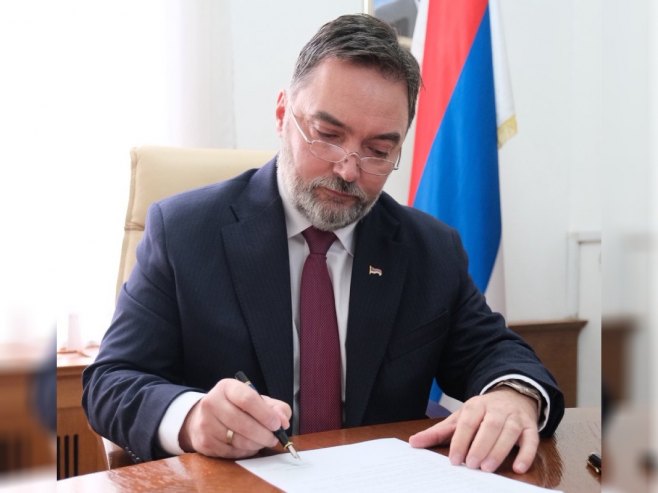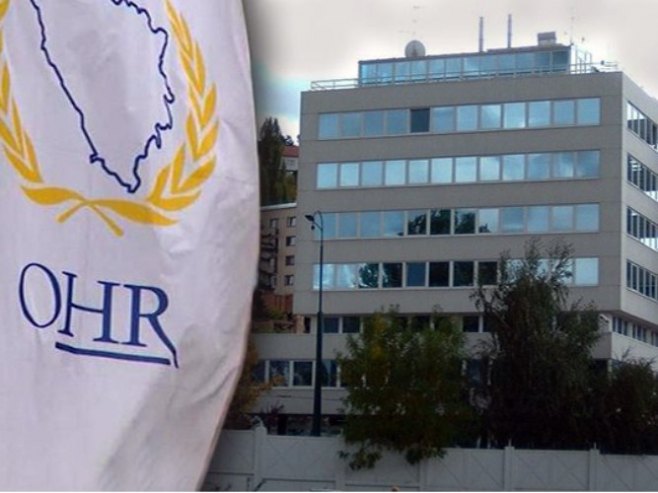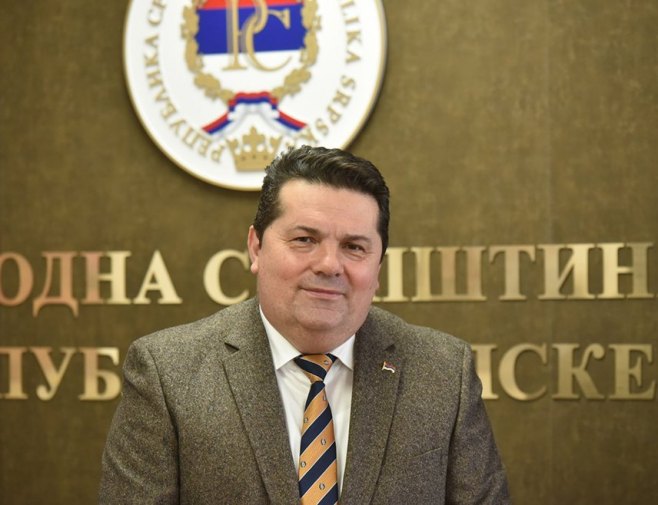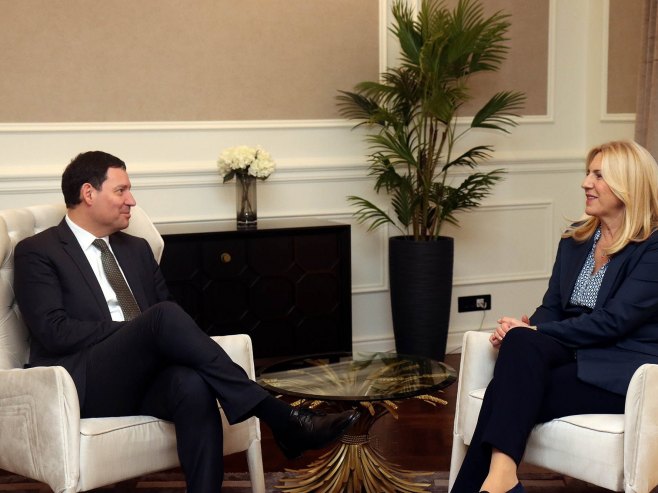Christian Schmidt’s decision to annul the conclusions of the National Assembly of Republika Srpska is not only legally problematic but also ethically questionable, as it strikes at the very core of human freedom – the right to opinion and the right to a stance. This was emphasized by the President of Republika Srpska, Milorad Dodik. In an op-ed for Glas Srpske, Dodik highlighted that Republika Srpska, as a party to the Dayton Agreement, has a fundamental right to express its position on all matters.
Schmidt’s decision has once again exposed the deep crisis in Bosnia and Herzegovina’s political system. His intervention, presented as an act of preserving the constitutional order, fundamentally reflects a deep misunderstanding of the democratic process and the right to express opinions, stated Dodik. He added that Republika Srpska was established through the Dayton process—not by the High Representative, and certainly not by Schmidt, who is not even legally recognized as such.
- As a party to the Dayton Agreement, our fundamental right is to have a stance on all issues. The conclusions of the National Assembly of Republika Srpska are a form of political opinion, a way for the representatives of one people to articulate their views and opinions on key aspects of the Dayton Agreement. The fact that Schmidt failed to recognize this distinction is not only concerning but also humiliating. Has there ever been a case in modern Europe where the opinion of a contracting party has been banned? – stated Milorad Dodik, President of Republika Srpska.
When any actor, domestic or international, decides to ban opinions, they violate the fundamental principles upon which modern society is built. Even the harshest critics acknowledge that the conclusions of the National Assembly are political views and assessments by a contracting party to the Dayton Agreement, Dodik asserted.
- Schmidt’s blunder sends a dangerous message: in Bosnia and Herzegovina, opinions that do not align with preferred political narratives can be banned. This precedent not only destabilizes the political landscape but also undermines the very concept of sovereignty and democracy… With these actions, Schmidt not only undermines sovereignty but also seriously endangers the chances of building long-term trust among the peoples of Bosnia and Herzegovina – Dodik added.
Banning opinions is not only politically unsustainable but also logically absurd, Dodik noted, adding that the greater absurdity lies in the European Union’s silence despite its proclaimed values of freedom of opinion and expression.
If someone like Schmidt acted in other European countries, the response would be protests involving millions of citizens, argued Professor Vlado Simović of the Faculty of Political Sciences in Banja Luka. He pointed out that actions by foreign actors, which undermine local agreements and operate under the “divide and rule” principle, keep Bosnia and Herzegovina in a state of frozen conflict and neo-colonial status, with constant and unjustified accusations against Republika Srpska.
- You know that almost every other day in the European Parliament or key countries, some declaration is passed condemning Republika Srpska for who knows what. Republika Srpska is denied the right to its own national day, its culture, its education system, and even its police force. This has almost become schizophrenic behavior, driven by blatant Serbophobia – emphasized Vlado Simović, Professor at the Faculty of Political Sciences at the University of Banja Luka.
The pressures, led by Schmidt and the U.S. administration in Sarajevo under Ambassador Michael Murphy, are clearly reflected in the political trial against the President of Republika Srpska, Milorad Dodik, held at the Court of Bosnia and Herzegovina—a site that was a detention camp for Serbs during the war.
- The goal is clear: to undermine and attack Republika Srpska from all directions. It started recently with property issues, where Republika Srpska rightly resisted, and then shifted to pressure against its leadership – said Radomir Lukić, Professor at the Faculty of Law at the University of East Sarajevo.
However, despite all the pressures, Republika Srpska—neither aggressive nor seeking what belongs to others—is determined to defend what is its own, including its national day, January 9.
- That is the cornerstone upon which everything has been built, and that is why everyone wants to remove it—because everything we have done over the past 33 years would collapse. This is not just the foundation of our origins but also of our future – emphasized Nenad Stevandić, President of the National Assembly of Republika Srpska.
Bosnia and Herzegovina can only function through full respect for the Dayton Peace Agreement. All initiatives undermining it—whether through Constitutional Court rulings, disputes over January 9, trials against Republika Srpska’s president, or similar actions—are measures that divide Bosnia and Herzegovina rather than unite it.
Source: RTRS









